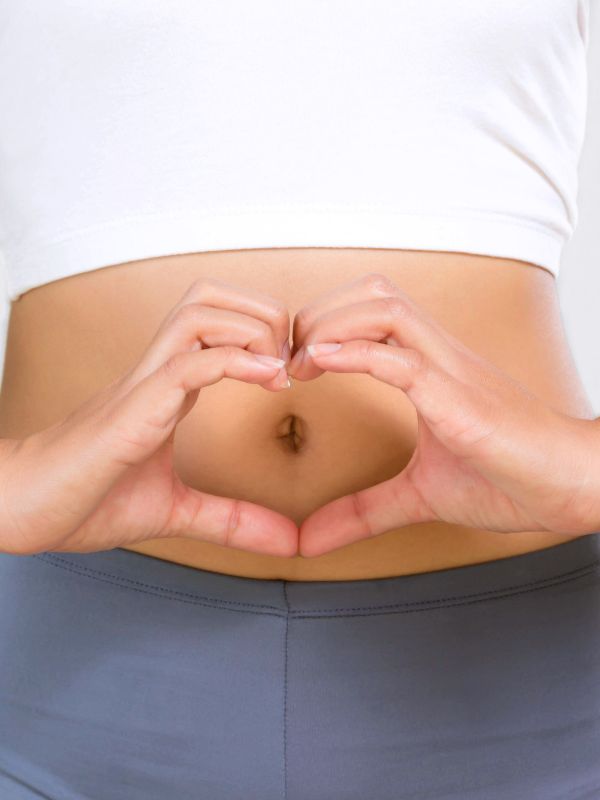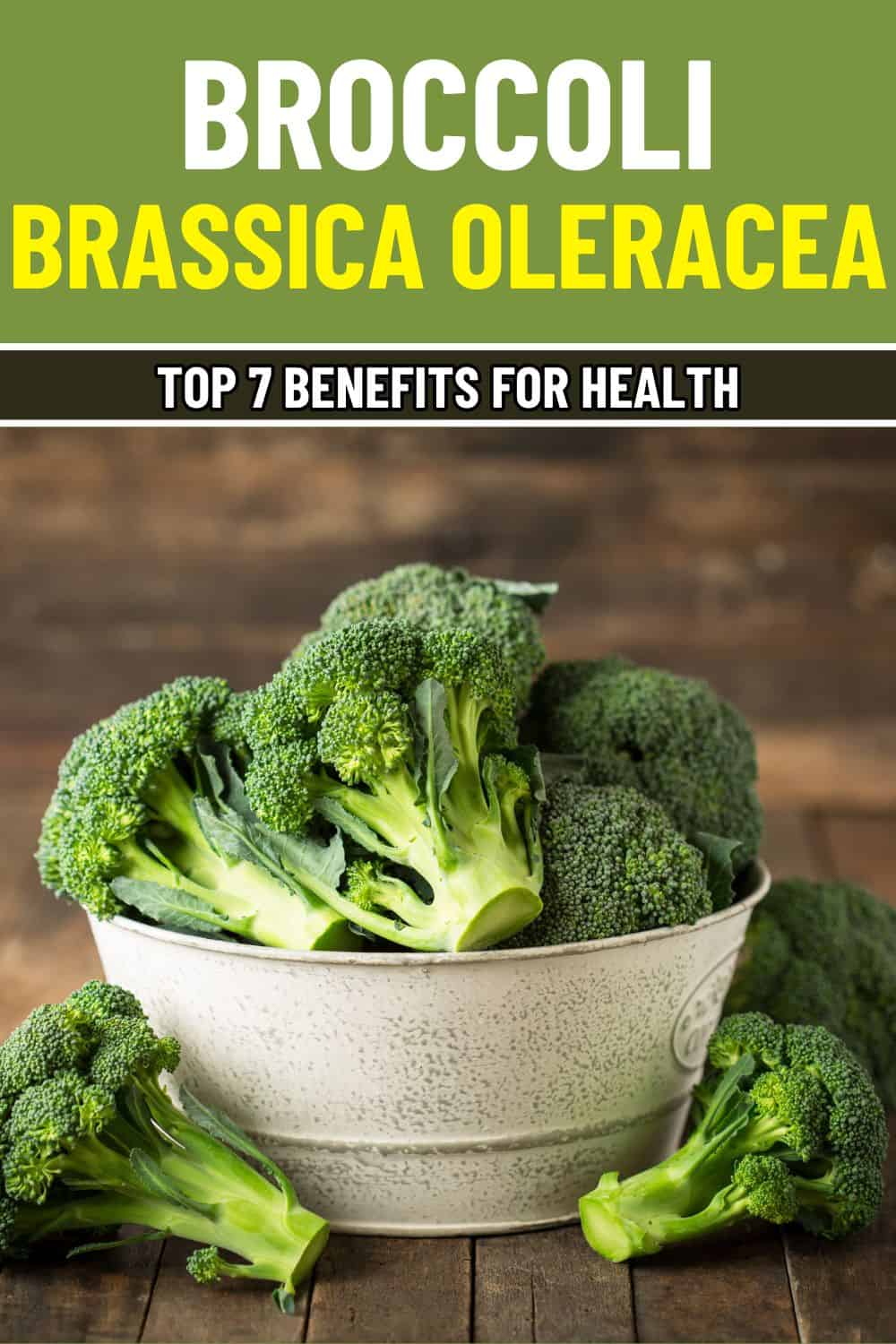Broccoli, often considered a “superfood,” is more than just a healthy side dish.
This vibrant green vegetable is loaded with nutrients, packed with antioxidants, and offers a variety of health benefits that can boost everything from your immune system to your skin.
If you’re looking for a simple, versatile addition to your diet, broccoli should be at the top of your list.
#1. Boosts Immune System Function
Broccoli is rich in Vitamin C, a powerful antioxidant that supports immune function. In fact, just 100 grams of broccoli gives you 135% of the recommended daily intake (RDI) of Vitamin C.
This vitamin not only strengthens your immune defenses but also helps with tissue repair, boosts collagen production, and improves skin health.
The compound sulforaphane, found in broccoli, also plays a significant role in enhancing your immune system.
Research from the American Journal of Clinical Nutrition shows that sulforaphane can increase the activity of immune cells, helping to protect the body against infections and diseases.

#2. Promotes Healthy Digestion
If you struggle with digestive issues like constipation or irregular bowel movements, broccoli can be a great solution.
It’s packed with dietary fiber, with one cup of chopped broccoli containing around 2.4 grams of fiber. This fiber aids digestion by promoting regular bowel movements, preventing constipation, and fostering a healthy gut microbiome.
By nurturing these beneficial microbes, broccoli helps improve overall gut health, enhancing digestion and reducing inflammation in the digestive tract.

#3. Supports Heart Health
This vegetable is rich in antioxidants and anti-inflammatory compounds, which help reduce oxidative stress and inflammation in the body, which are key contributors to cardiovascular disease.
Specifically, broccoli is a great source of vitamin K, essential for healthy blood clotting, and fiber, which can help reduce cholesterol levels.
A study in the Journal of Nutrition found that people who regularly consumed cruciferous vegetables like broccoli had a significantly lower risk of developing high blood pressure.
Broccoli’s sulforaphane has also been linked to heart health. It helps to lower levels of LDL cholesterol (the “bad” cholesterol) and reduces the build-up of plaque in arteries.

#4. May Help Prevent Cancer
The sulforaphane in broccoli has been shown to activate protective enzymes in the body that neutralize harmful compounds and reduce oxidative stress.
Regular broccoli consumption is believed to lower the risk of certain cancers, including breast, prostate, and colorectal cancers.
A study by the National Cancer Institute showed that sulforaphane can target cancer cells, slowing their growth and even triggering their death.
The vegetable’s high fiber content is also thought to support cancer prevention by helping to cleanse the body of toxins and by-products that may increase cancer risk.

#5. Promotes Bone Health
Broccoli is loaded with nutrients that contribute to bone health, including vitamin K, calcium, and phosphorus.
One cup of broccoli provides 92 micrograms of vitamin K, essential for calcium absorption and bone mineralization.
Combined with calcium, these nutrients strengthen bones and help prevent osteoporosis. The vitamin C in broccoli also supports collagen production, vital for healthy bones and joints.
For older adults or those looking to maintain strong bones as they age, broccoli is an excellent addition to the diet.

#6. Helps with Weight Management
With only about 34 calories per 100 grams,b broccoli can fill you up thanks to its fiber content. The fiber helps regulate hunger, keeps you feeling full longer, and reduces overeating.
Not only is broccoli a satisfying snack, but its high water content (around 89%) also contributes to hydration and promotes a feeling of fullness without adding extra calories.
So, whether you’re trying to lose weight or simply maintain a healthy weight, broccoli should be your go-to vegetable.

#7. Supports Healthy Skin
Broccoli provides a generous amount of Vitamin C, with 100 grams offering 89.2 milligrams (about 135% of the RDI) helps maintain the elasticity of your skin and promotes a youthful appearance.
Additionally, broccoli contains lutein, an antioxidant that helps protect the skin from oxidative damage caused by UV rays and environmental toxins, preventing premature aging and skin damage.
Whether eaten or applied topically, broccoli’s compounds support radiant and healthy skin.

How to Use Broccoli in Your Daily Routine
- Raw in salads: Enjoy fresh broccoli for a crunchy texture and a nutrient boost.
- Steamed or stir-fried: Steaming or stir-frying broccoli is an excellent way to preserve its nutrients while keeping it flavorful.
- Broccoli soup: A hearty, nutrient-dense option that can easily become a meal on its own.
- Smoothies: Add broccoli to your morning smoothies for a green, health-packed drink.
- Roasted broccoli: Roasting brings out broccoli’s natural sweetness, making it a delicious and healthy side dish.
Cautions and Precautions
Some people may experience gas or bloating, especially if they eat a large quantity of broccoli due to its high fiber and carbohydrate content.
Broccoli contains goitrogens, which may interfere with thyroid function in people with existing thyroid conditions.
Though rare, some individuals may be allergic to broccoli. Symptoms can include skin rashes, swelling, or digestive discomfort.
Disclaimer
This article provides general information about the health benefits of broccoli. It is not intended to replace professional medical advice.
Always consult your healthcare provider before making significant changes to your diet, especially if you have underlying health conditions or concerns.







